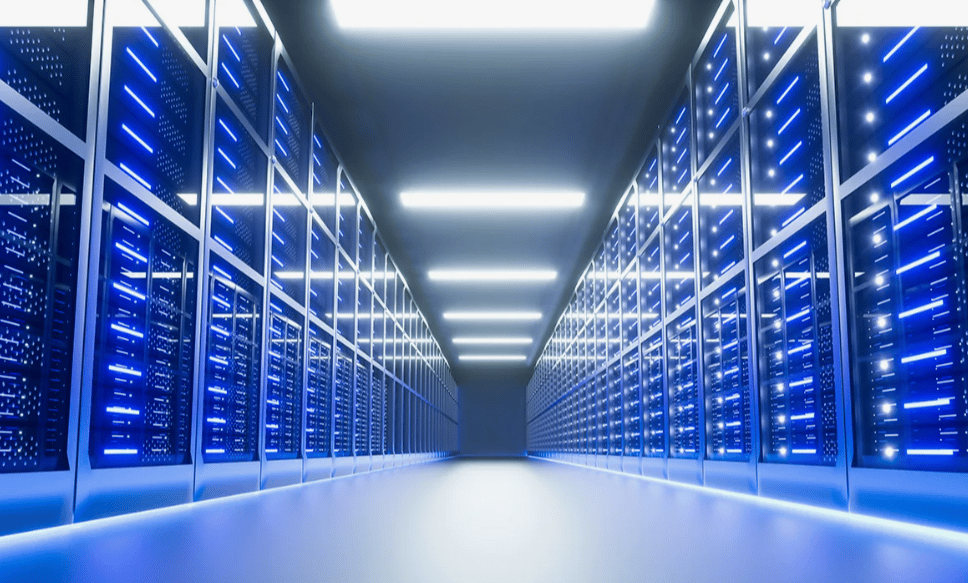Cornelis Networks Launches AI Chip Networking Suite to Revolutionize Data Center Performance
On Tuesday, Cornelis Networks, an Intel $INTC spin-off founded in 2020 and still backed by Intel’s venture capital arm, introduced a groundbreaking suite of networking hardware and software designed to interconnect up to 500,000 artificial intelligence (AI) chips. This innovation addresses a longstanding bottleneck in AI data centers: while AI computational chips deliver extreme processing speeds, the network connections between them lag, limiting data flow and overall system performance.
Addressing AI Chip Interconnect Bottlenecks with Cornelis Networks Technology
Cornelis Networks focuses on the critical issue of network latency and bandwidth constraints in AI clusters. AI workloads require massive parallel processing distributed across thousands or even hundreds of thousands of specialized AI chips. However, traditional networking infrastructure has struggled to keep pace with these chips’ data demands, resulting in inefficient utilization of their raw compute power.
The new Cornelis solution integrates cutting-edge networking equipment with proprietary software designed to optimize data transfer speeds and reduce communication delays across large AI chip arrays. By enhancing inter-chip connectivity, the system enables more efficient parallel computations, boosting throughput and reducing task completion times.
The strategic importance of this innovation is heightened by the rapid growth of AI applications, from natural language processing to autonomous systems, which increasingly depend on scalable and high-performance computing clusters.

Brief Facts
Cornelis Networks was spun off from Intel in 2020 and remains venture-backed by Intel.
The company’s new networking suite connects up to 500,000 AI chips.
The solution targets a critical data center bottleneck: slow inter-chip networking speeds.
AI chips individually provide high compute power but are limited by network latency.
Cornelis’ hardware and software jointly optimize AI chip communication for scalability.
Market Reaction and Industry Commentary on AI Networking Solutions
The launch by Cornelis Networks arrives amid soaring demand for AI infrastructure capable of handling exponentially increasing workloads. Industry analysts highlight that overcoming AI chip communication bottlenecks is essential for sustaining performance gains as AI models grow larger and more complex.
Data center operators and AI hardware manufacturers are paying close attention to networking innovations, which complement advances in chip design. Improved network throughput not only accelerates AI training and inference but also lowers operational costs by reducing the number of necessary network switches and associated energy consumption.
Market response to Cornelis’s announcement has been cautiously optimistic. Investors view Intel’s continued backing as a strong endorsement of the company’s potential to disrupt AI hardware ecosystems. Moreover, the scalability of Cornelis’s technology could make it a critical enabler for next-generation AI data centers.

Key Points
Cornelis Networks addresses AI chip networking bottlenecks with integrated hardware and software.
The technology supports up to 500,000 AI chips in a single interconnected cluster.
Enhanced network speeds reduce latency and improve AI workload efficiency.
Intel’s venture funding signals strong industry confidence in Cornelis’s solutions.
The development is crucial for the scalability of AI infrastructure amid growing computational demands.
Significance of Cornelis Networks’ AI Networking Suite for Data Center Evolution
Cornelis Networks’ launch marks a pivotal step in overcoming fundamental limitations in AI data center infrastructure. By resolving network latency and bandwidth issues between massive arrays of AI chips, Cornelis is enabling more scalable and efficient AI computing architectures.
This innovation supports the ongoing expansion of AI capabilities and applications across industries, ensuring that data centers can meet the soaring demand for computational power. With Intel’s backing and a clear market need, Cornelis Networks is well-positioned to play a critical role in the future of AI hardware ecosystems.















Comments